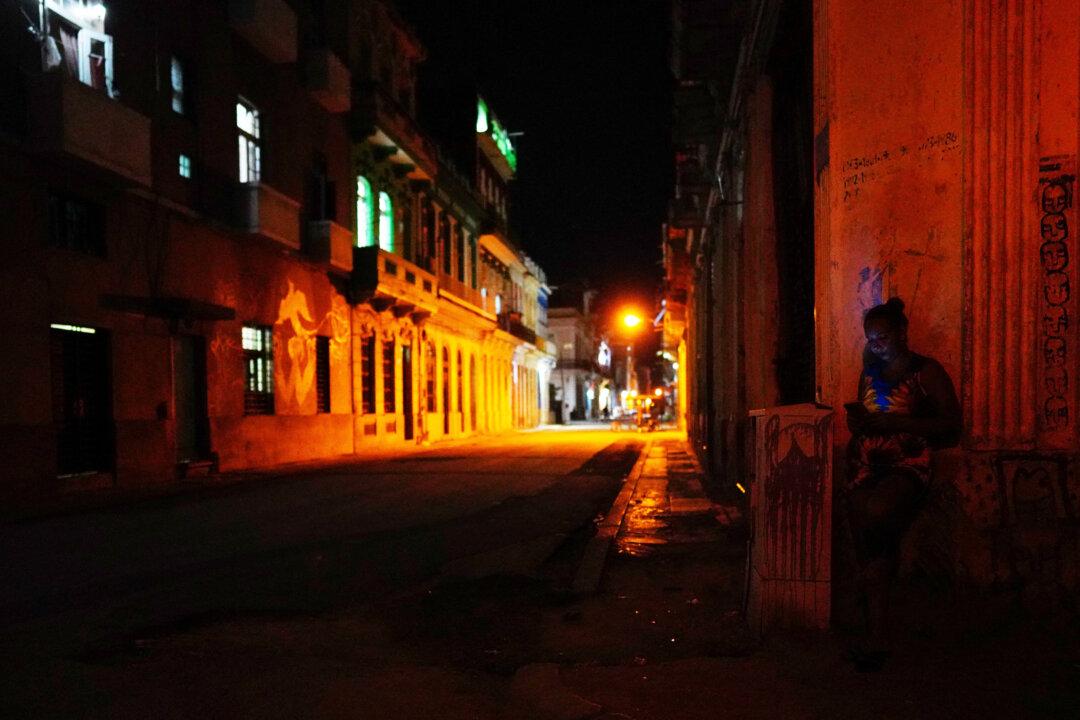Hundreds of Cuban protesters took to the streets on March 17, demanding food and electricity as the island faces daily power outages sometimes lasting more than 18 hours.
Social media posts show people chanting “electricity and food” during protests in Santiago. Cuban President Miguel Díaz-Canel has confirmed the protests and called for dialogue with the people.





